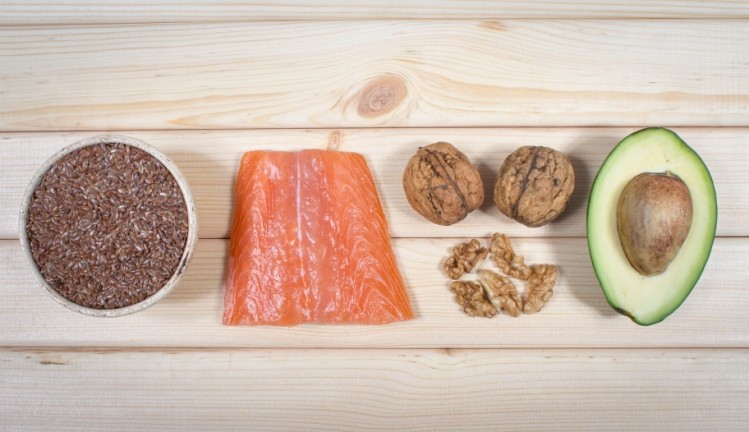Nutritional oils: Both short- and long-chain omega-3s backed for cholesterol upgrade

Writing in Molecular Nutrition & Food Research, the team behind the human trial noted that while a good amount of clinical data has backed a benefit for the consumption of long-chain omega-3 fatty acids like docosahexaenoic acid (DHA) and eicosapentaenoic acid (EPA), the impact of short-chain omega-3 fatty acids like alpha-linolenic acid (ALA) is ‘unclear’.
Led by Suvi Manninen from the University of Eastern Finland, the team found that eating fatty fish that are rich in long-chain omega-3 fatty acids led to an increase in the size and lipid composition of HDL particles in people with impaired glucose metabolism.
Meanwhile, consumption of camelina sativa oil that is rich in short-chain omega-3 fatty acids decreased the number of harmful IDL particles, the authors said.
Such changes in the size and composition of HDL particles can be beneficial for heart health, the team noted, adding that a reduction in IDL particles – which are a precursor to ‘bad’ LDL particles – is also believed to be beneficial for heart health.
“These changes may favourably affect cardiovascular risk,” said Manninen and colleagues.
Study details
The research followed 79 Finnish men and women aged between 40 and 72, and with impaired glucose metabolism.
Participants were randomly divided into four groups for a 12-week intervention: a camelina oil group, a fatty fish group, a lean fish group, and a control group.
People in the lean and fatty fish groups were instructed to eat lean or fatty fish four times a week, and people in the camelina oil group were asked to use 30 millilitres of camelina sativa oil daily.
Participants in the control group were allowed to eat fish once a week, and the use of camelina oil and other oils containing alpha-linolenic acid, such as rapeseed oil, was prohibited.
The team found eating fatty fish increased the size and lipid composition of HDL particles, and that the use of camelina oil decreased the number of harmful IDL particles.
Both of these changes can reduce the risk of cardiovascular diseases. Eating lean fish, however, was not associated with changes in the number, size or composition of lipoprotein particles.
Source: Molecular Nutrition & Food Research
Published online ahead of print, doi: 10.1002/mnfr.201701042
“Intake of Fish Alters the Size and Composition of HDL Particles and Camelina Sativa Oil Decreases IDL Particle Concentration in Subjects With Impaired Glucose Metabolism”
Authors: Suvi M. Manninen, et al




